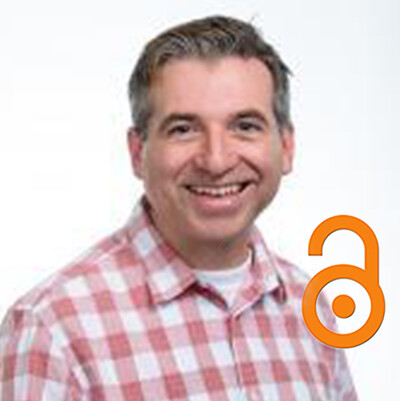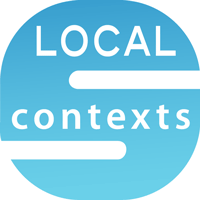There is an African proverb that illustrates open access for me, "If you want to go fast, go alone. If you want to go far, go together." The idea of working collaboratively in life, and with information, can help us to achieve more than we can do on our own.
Prior to information science, I studied anthropology, the study of humanity, societies, and cultures. A core concept in anthropology is “otherness.” It underlines the importance of understanding differing points of view like gender and identity, race and ethnic relations, and social justice issues through observation and ethnography to effect change (Given, 2008). I believe that these ideals can be applied to open access as well.
Recently, we saw the impact of open communication in facilitating protest movements around the nation, highlighting inequities in our society. It brought together people who, isolated by a pandemic, nevertheless shared common ideals. When we make information freely available to everyone, we can exchange ideas and work together to effect change, despite our “otherness.”
The essence of anthropology is to understand that a community includes and merits the voices of everyone. In that way, OA and anthropology are aligned as they both embrace a spirit of generosity and sharing to better understand our world. However, in practice, this is not as simple as it seems due to our conflicted history of colonization. In Centering Rationality, the authors discuss ways of sharing of knowledge and cultural works from indigenous communities (Littletree et al., 2020). Our museums and libraries showcase indigenous artwork, photographs, traditions, history but most of these earlier works were collected without the permission or input of indigenous communities. How do we share materials that are not truly ours to share, such as sensitive materials related to religious ceremonies, or perhaps shouldn’t be shared, out of respect for the deceased (Anderson, 2005)? Our history of exploitation makes sharing a challenge because to share, there has to be trust and acknowledgment of the contributions of generations of indigenous people. Recently, digital technology has opened up opportunities for indigenous communities to label and preserve traditional digital objects like photos and videos (“Traditional Knowledge,” 2018). Initiatives like Local Contexts illustrate that creative commons licenses do not do enough to protect indigenous rights to share content (“Local Contexts, 2020”). They encourage the use of traditional knowledge licenses in addition to creative commons to limit the sharing of sensitive materials to specific groups. This type of culturally appropriate regulation gives agency to indigenous people to decide what is appropriate to share (“Indigenous/Traditional Knowledge,” 2010).
OA is essential because it breaks down silos of knowledge and makes connections between disciplines that are not always obvious. Our challenge will be to do so in a way that honors traditional forms of knowledge and takes care to provide access responsibly and respectfully. As an anthropologist, and librarian, I believe we can commit to enacting positive social change, by sharing information that illustrates a culture of acceptance and inclusion, and engaging in open dialogue on diversity issues in our curriculum, teaching, and practice. Our shared ideals will be our beacon.
Mimmo Bonanni, Social Sciences Librarian

